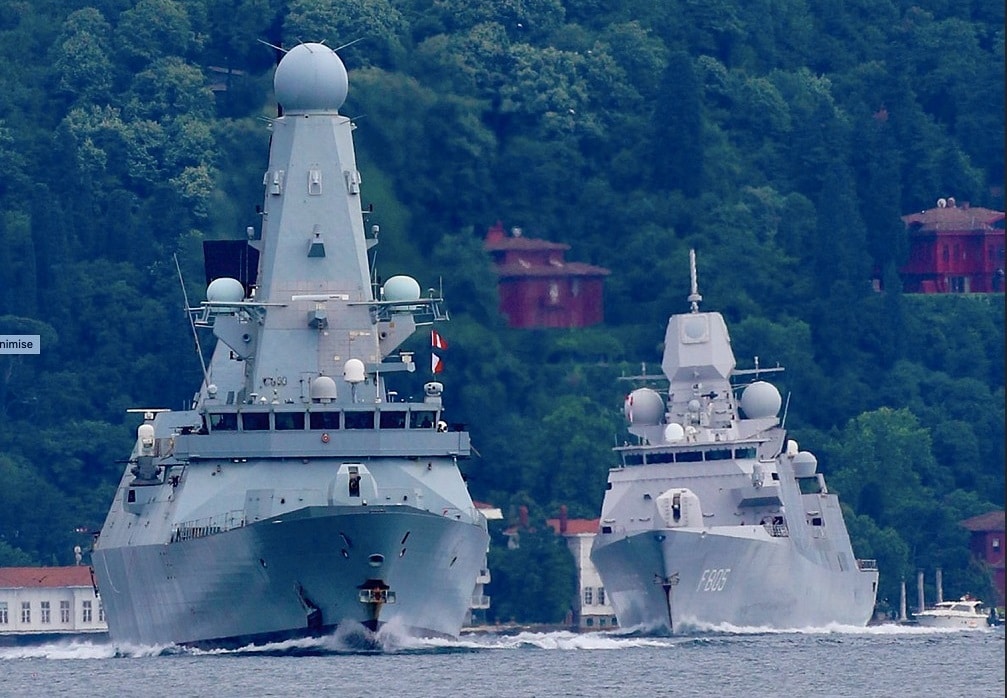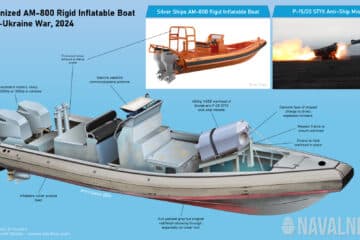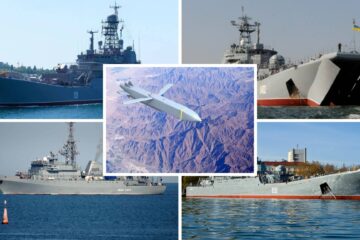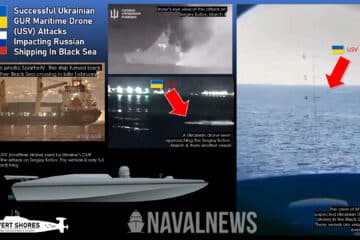Before answering whether the Ukrainian ambassador’s request is feasible, we need to look at the Montreux Convention, which regulates the passage regime across the Canakkale and Istanbul Straits.
The Montreux Convention was signed in 1936 to manage the passage regime across the straits and to define tonnage limits in the Black Sea for non-riparian countries. Of course, there are numerous details in the convention, but we will focus on the key principles that the agreement suggests, specifically for Turkey in terms of halting the passages.
The conventions primarily support freedom of navigation through the straits, but Turkey has the authority to close the straits to ships from warring countries when a full-fledged war occurs or is imminent. Articles 20 and 21 of the Convention define Turkey’s authority over the passing regime for naval ships (Articles 4, 5, and 6 for merchant vessels) during wartime or when a war is imminent.
What does Montreux Convention say?

In a time of war;
- If Turkey is not belligerent; merchant vessels, under any flag or with any kind of cargo, shall enjoy freedom of transit and navigation in the Straits.
- If Turkey is belligerent;
- Merchant Vessels, not belonging to a country at war with Turkey shall enjoy freedom of transit and navigation in the Straits on condition that they do not in any way assist the enemy. Such vessels shall enter the Straits by day and their transit shall be effected by the route which shall in each case be indicated by the Turkish authorities.
- Warships’ passage shall be left entirely to the discretion of the Turkish Government.
When war is imminent;
- The provisions of Merchant traffic shall nevertheless continue to be applied except that vessels must enter the Straits by day and that their transit must be effected by the route which shall, in each case, be indicated by the Turkish authorities.
- Warships’ passage shall be left entirely to the discretion of the Turkish Government.
These articles imply that Turkey can obstruct the passage of warships even though it is not actively involved in the war, with the possibility of war looming. Another important aspect of the convention is that Turkey has the authority to suspend the tonnage limitations in the Black Sea, which means that warships from Turkey’s allies would be able to enter the Black Sea if Turkey exercised its discretion in this regard.
Ukraine’s request is feasible but dangerous for Turkey
Turkey has the authority to close the straits in accordance with the principles outlined in the aforementioned Montreux Convention. However, there are some political constraints.
The first issue is that Turkey places a high value on the convention and has carefully implemented regime rules. Because Turkey regards the Convention as an important component of the Black Sea’s security and stability. As a result, if Turkey says “Yes” to Ukraine, it will almost certainly apply this rule to both sides. This means that even if NATO decided to deploy warships in the Black Sea, it would be impossible.
If Turkey uses its discretion solely in favor of Ukraine, Russia may object, and it may retaliate by accusing Turkey of violating its neutrality.
The second issue is that Russia’s deployment in the Black Sea has already been completed. The Black Sea Fleet is powerful enough to cut Ukraine’s connection to the Black Sea through the blockade. Furthermore, by passing through the Don-Volga waterway, Russia could still reinforce the Black Sea Fleet, which elements from the Caspian Flotilla.

Closing the straits would thus be a futile attempt to deter Russia, and Turkey seems to keep neutral during the war. If NATO decides to involve in the conflict, probably the delicate balances would be considered in terms of supporting Ukraine on the field not only by Turkey but also other countries.






